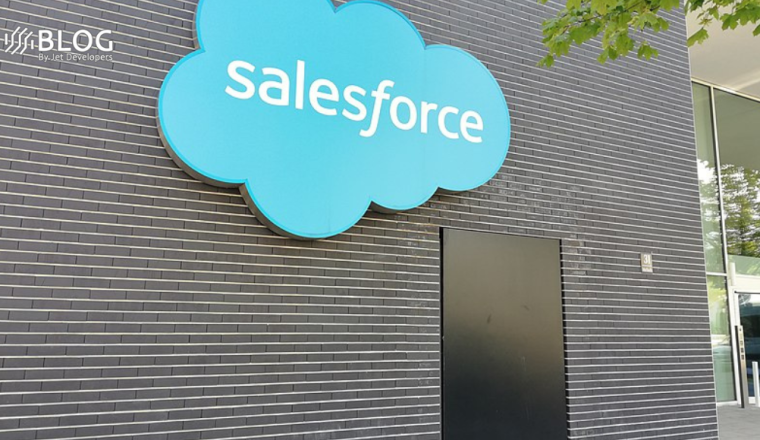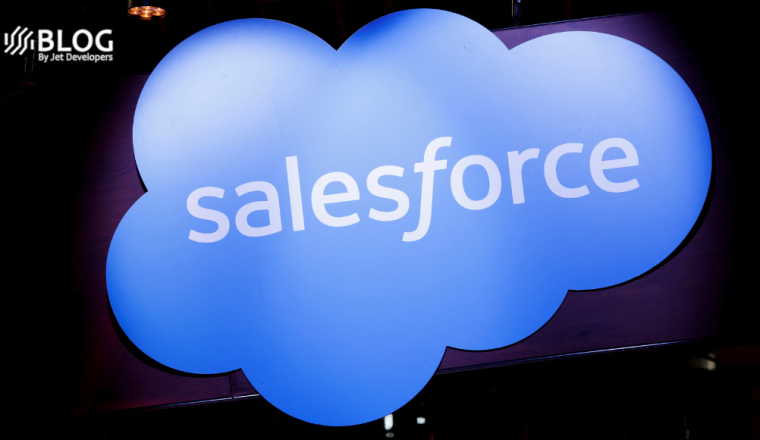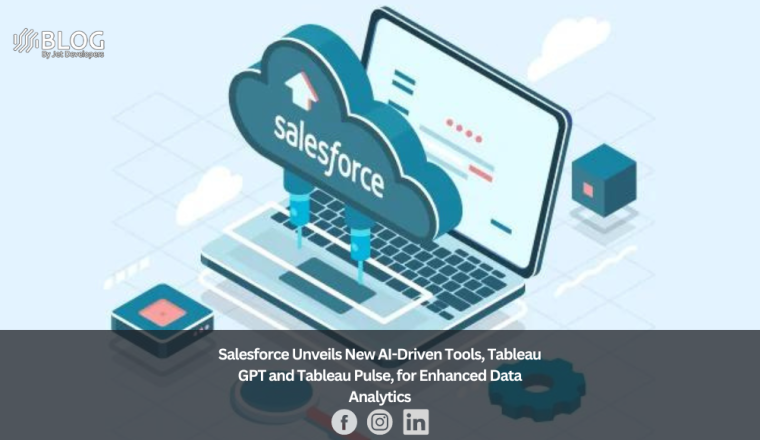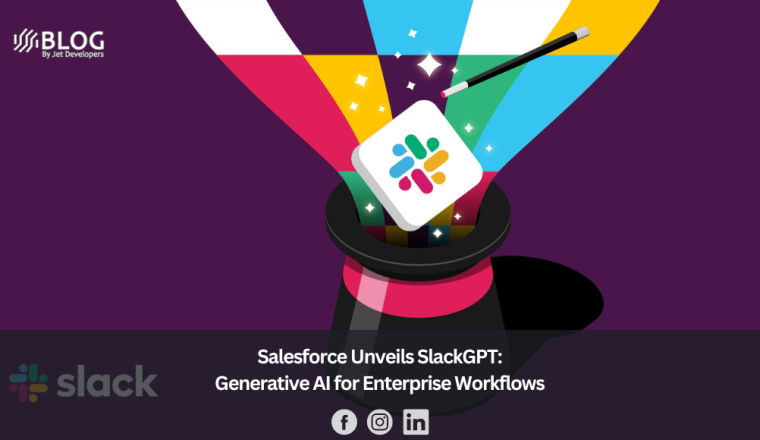Salesforce has recently made an exciting announcement regarding the launch of two cutting-edge tools, Tableau GPT and Tableau Pulse, aimed at revolutionizing AI-assisted data analytics. These innovative tools harness the power of generative AI to deliver an enhanced data analysis experience, providing Tableau users with automatic data analysis and personalized analytics capabilities.
The introduction of Tableau GPT and Tableau Pulse is set to reshape how Tableau users interact with and analyze their data, significantly boosting efficiency and accuracy in the field of data analytics.
Tableau GPT is specifically designed to simplify access to AI-powered analytics, enabling employees to make well-informed decisions rapidly and effectively. By leveraging this tool, users can effortlessly generate visualizations and gain valuable insights by conversing with Tableau GPT within the console. Furthermore, Tableau GPT actively offers suggestions for new charts, visualizations, and questions based on user interactions.
Complementing Tableau GPT, Tableau Pulse provides business users and data consumers with a personalized analytics experience. Leveraging the automated insights generated by Tableau GPT, Tableau Pulse equips users with tailored metrics that are both easily understandable and actionable. These personalized metrics empower users to uncover new opportunities, anticipate and address issues proactively, and ultimately make better-informed decisions.
Salesforce emphasizes that the integration of Tableau’s composable analytics and Salesforce Data Cloud capabilities will unify customer data, facilitating the delivery of swift insights at scale. By harnessing the power of generative AI in analytics and leveraging real-time data from the Data Cloud, Tableau aims to empower individuals at all levels to make data-driven decisions with ease.
In addition to the aforementioned tools, Salesforce has also introduced the VizQL Data Service, a valuable resource that enables users to seamlessly embed Tableau into automated business workflows. Equipped with a user-friendly programming interface, developers can now effortlessly construct composable data products, eliminating the complexities associated with query construction and data modeling.
With the launch of Tableau GPT, Tableau Pulse, and the VizQL Data Service, Salesforce is driving innovation in the realm of data analytics, empowering organizations and individuals alike to unlock the full potential of their data and make data-driven decisions effortlessly. These advancements mark a significant leap forward in the field and herald a new era of AI-assisted data analytics.
Empowering data analytics through generative AI
Using Salesforce’s Einstein GPT on the backend, Tableau GPT and empowers users to surface new insights conversationally by asking questions within the console. The new tools also provide visual and easily digestible data analysis, enabling users to identify appropriate actions for their data.
For instance, if a user notices a metric is off-track, Tableau GPT will analyze and present the data visually, providing the user with insights so they can take appropriate action.
For its part, Tableau Pulse provides users with an AI-powered personalized experience, transforming how they work with data.
For example, it alerts users when a CSAT score decreases unusually; identifies potential causes, such as high levels of active tickets and longer response times; and delivers relevant and timely insights to keep users informed of their business’s performance.
Users can also collaborate and act on these insights directly within their usual workflow using collaboration tools like Slack and email.
“Tableau Pulse couldn’t exist without Tableau GPT, and classic Tableau workflows are streamlined or enhanced with Tableau GPT,” the spokesperson told VentureBeat. “Tableau Pulse uses Tableau GPT to provide automated analytics based on personalized metrics that are easy to understand and act on. It surfaces insights in both natural language and visual format so users get the information they need in a digestible way. And, with tight integrations with collaboration tools like Slack and email, users can share insights directly with colleagues within their workflow.”
Tableau GPT assists analysts by facilitating natural language calculations, recommending appropriate charts and visualizations, and automatically generating descriptions of data sources. For business users, Tableau GPT provides natural insights in plain language and even proactively presents the questions that the user might ask next.
Additionally, Tableau Pulse will act as a personalized guide for users’ data, understanding their data and the results they hope to achieve. As a result, it can deliver targeted and customized insights that are meaningful to the user.
“Since it’s powered by generative AI, you can talk to the new tools [as if there were] an advisor sitting in front of you. As a result, Tableau Pulse makes data friendly and easy for everyone, even non-technical users, and allows them to bring more value to their organization because they’re making smarter decisions,” said the Tableau spokesperson.
The company asserts that this marks the first Salesforce/Tableau application created from the ground up for generative AI. The new tools exceed the typical “natural language to query” or “natural language to viz” capabilities, harnessing the full potential of large language models.
“These surface as insight summaries, conversational experiences, and assisted curation (metric bootstrapping) and will progress to an agentic model in the near future. Our analytics agent will be able to semi-autonomously reason, dig for insights, come to conclusions, make recommendations and take action with human validation and input,” the spokesperson added.
The company clarified to VentureBeat that its Data Cloud offering will enable the unification of a company’s data from all channels and interactions into single, real-time customer profiles. In addition, when paired with Tableau, customer data can be visualized, making it easier for users to explore and derive insights.
Data Cloud’s zero-copy data-sharing feature allows users to virtually access Data Cloud data from other databases, providing instant accessibility. With “instant analytics,” a new capability within Data Cloud for Tableau, users can analyze and visualize Data Cloud data live inside Tableau. Additionally, they can query millions of records with one click.
“We’ll soon be announcing Data Cloud for Tableau, which brings a complete view of all your customer data to your entire organization so everyone can get insights at their fingertips and see a single view of their customers across every touchpoint,” the company spokesperson said. “These AI-powered insights let users take action right in the flow of their work — no jumping applications, opening new tabs or starting new programs.”
Enhanced automation for business workflows
Tableau also introduced a new developer capability called VizQL Data Service, which enables users to seamlessly embed Tableau into an automated business workflow.
According to the company, this capability acts as a layer that sits on top of published data sources and existing models and allows developers to create composable data products through a simple programming interface. This feature streamlines and simplifies query construction and data modeling. Developers can also access Tableau’s analytical engine through this capability.
“[The] simple programming interface [of VizQL Data Service] allows developers to build new data products without needing the help of a data expert,” said the spokesperson. “For example, let’s say you want to build a new UI for some of the interactions and insights in Tableau. Or you want to integrate insights from Tableau into an automated business workflow. Or maybe you want to create a chatbot that interacts with your analytics in Tableau. Developers can do all of this with VizQL Data Services. And they can leverage Tableau’s data experiences to support people everywhere decisions are made.”
What’s next for Tableau?
The company spokesperson told VentureBeat that it has ambitious plans for AI-driven innovation in the long run, and users should anticipate more comparable innovations in the near future that empower data-driven decision-making.
“We’re all just starting to become familiar with and understand the potential of generative AI, but we’re already seeing glimpses of how it may alter the world around us, specifically the world of analytics,” said the spokesperson. “Whatever the outcome, we know that a revolutionary shift in roles humans play across every industry is on the horizon.”






